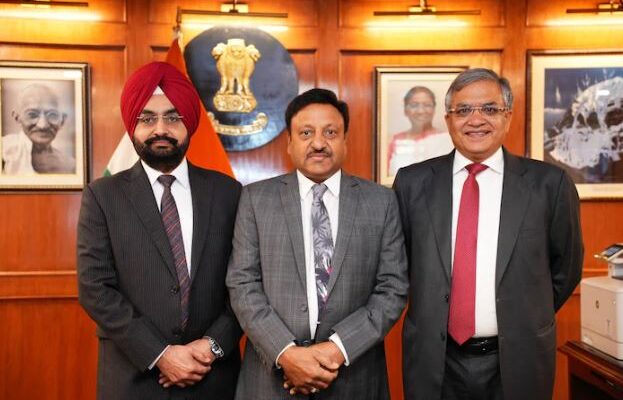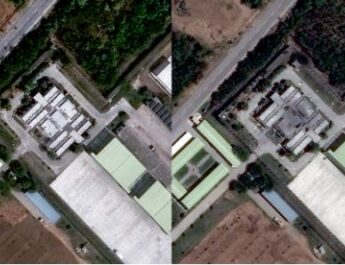New Delhi: Gyanesh Kumar, who was appointed as an Election Commissioner in March of the previous year, is anticipated to be the next Chief Election Commissioner of India, succeeding the outgoing Rajiv Kumar. Should his appointment be confirmed, Mr. Kumar will be responsible for overseeing the Bihar Assembly election later this year, as well as the elections in Bengal, Assam, and Tamil Nadu scheduled for the following year.
Mr. Kumar, an IAS officer from the Kerala cadre of the 1988 batch, is the senior member of the two commissioners on the three-member panel that was previously chaired by Rajiv Kumar until he stepped down this morning. The other commissioner on the panel is Sukhbir Singh Sandhu, who hails from the Uttarakhand cadre. However, Mr. Kumar’s nomination has yet to receive formal approval.
The opposition Congress party, represented on the selection panel by Rahul Gandhi, the Leader of the Opposition in the Lok Sabha, has raised concerns regarding what they perceive as a hurried process to appoint the new Chief Election Commissioner.
The party has highlighted that the Supreme Court is set to hear a challenge this week regarding the 2023 legislation that governs the selection of the Chief Election Commissioner, which critics argue allows the ruling BJP to exert control over the process. According to this law, a three-member panel consisting of the Prime Minister, the Home Minister, and the Leader of the Opposition will make the decision.
Who Is Gyanesh Kumar?
Mr. Kumar, aged 61, previously served in the Union Home Ministry, where he played a significant role in drafting the legislation that abrogated Article 370 in Jammu and Kashmir in August 2019, leading to the bifurcation of the former state into two union territories.
At that time, he held the position of Joint Secretary in the Kashmir Division of the Home Ministry. A year later, as Additional Secretary, he was responsible for managing documents related to the Supreme Court case concerning the Ram Temple in Ayodhya, Uttar Pradesh.
According to sources, Mr. Kumar is regarded as being closely associated with Home Minister Amit Shah. He concluded his civil service career in January of the previous year, serving as Secretary of the Ministry of Cooperation, which is also under Mr. Shah’s leadership.
Before this, he held the position of Secretary in the Ministry of Parliamentary Affairs and was assigned to the Defence Ministry during the tenure of the Congress-led United Progressive Alliance government.
Mr. Kumar possesses a B.Tech degree in Civil Engineering from the Indian Institute of Engineering in Kanpur and has pursued studies in Business Finance at the Institute of Chartered Financial Analysts of India. Furthermore, he has also studied Environmental Economics at Harvard University.
Rajiv Kumar’s Retirement
Former Chief Election Commissioner Rajiv Kumar officially retired this morning. In his farewell address, Mr. Kumar addressed several topics, including the implementation of remote voting systems for non-resident Indians and migrant workers, the use of biometric authentication for voting, and the importance of non-disclosure of votes at polling stations to prevent post-election violence.
He emphasized the necessity for “financial transparency” in the management of electoral expenses and campaign commitments, as well as the need for action against “fake narratives” disseminated through social media. Additionally, he discussed the potential of Artificial Intelligence (AI) to “transform the conduct of elections.”




